By 2022, Ecuador was heavily indebted. The pandemic exacerbated the already precarious situation of the most vulnerable populations, increasing the prevalence of informal work.
Ecuador is considered an upper middle-income country, yet an estimated 32.2 per cent of Ecuadorians live in poverty on a monthly salary of less than $85.
The government’s improvised solution of selling a public bank to finance anti-child-malnutrition programs or the doubling of oil extraction (from 500,000 to 1 million barrels per day) was disastrous for the Ecuadorian economy. The country has not yet found a way out of the resultant labyrinthian economic, social and political situation.
Communities feel that their incomes are not enough to survive on. Prices have soared. A litre of oil has gone from $1.80 to $3.50; the prices of school supplies are rising daily; and the cost of a quintal of fertiliser has doubled. Family incomes have suffered twin hits because the availability of casual employment is reduced, and the market prices of peasant products are falling.
This situation is reminiscent of the circumstances that had precipitated the social and political crisis of June 1990. At that time, rising food and household goods prices of the low and unstable prices their produce fetched in markets had mobilized and uprising among Indigenous communities. They called for the resolution of some 200 land conflicts in Andean Ecuador.
Government programs focus on the immediate problems of inadequate food intake and child malnutrition. However, this does not necessarily address structural economic and social problems like:
The degree to which food producers organize and associate is a crucial factor in dealing with this complex and exclusionary situation.
A crucial aspect in dealing with this complex and exclusionary situation is the degree of organization and associativity of food producers.


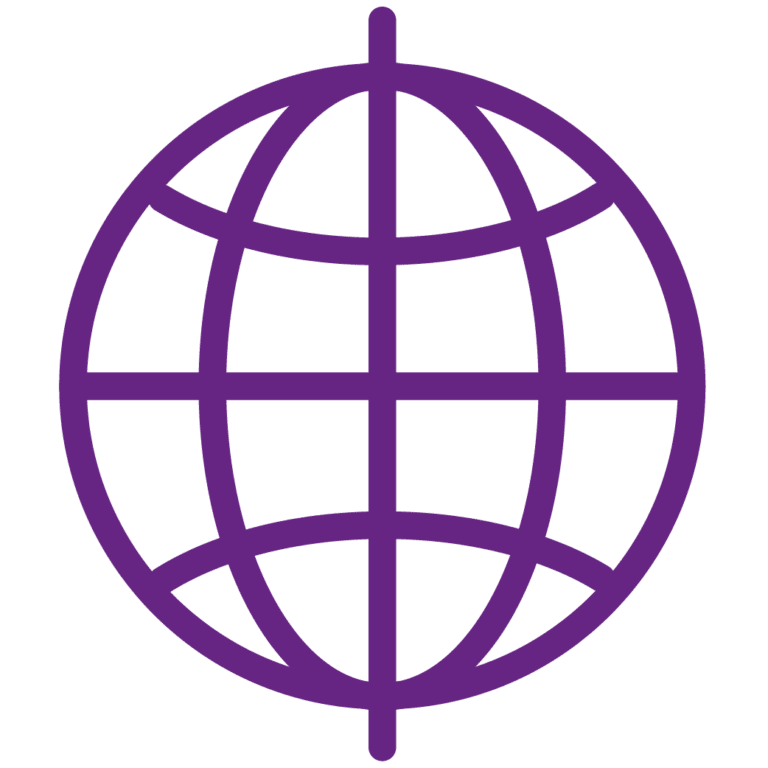

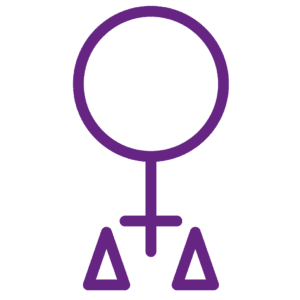

Development and Peace ― Caritas Canada has been doing solidarity work in the country for over 45 years. Developed in partnership with civil society organizations, our programs support Indigenous groups; vulnerable women and victims of domestic violence; and Indigenous small-scale farmers in pursuing food sovereignty and agroecology. Citizen participation and building organizational and associative capacity feature in all our activities.
Examples of our main activities include:
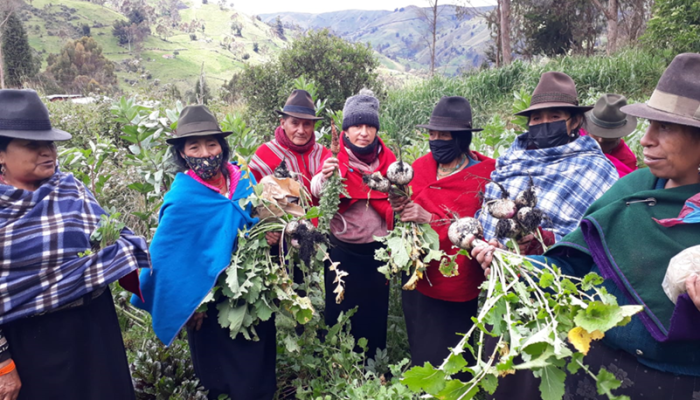

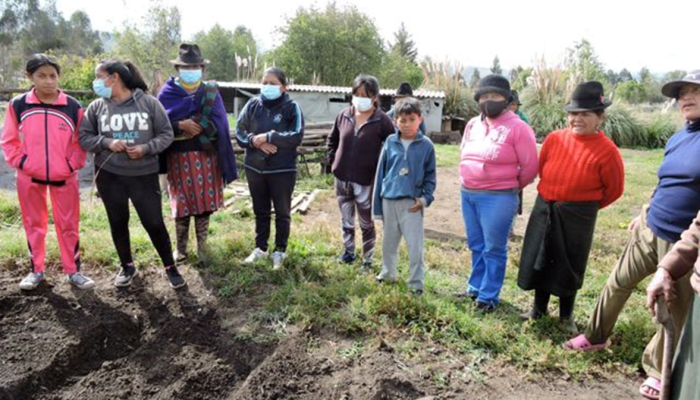

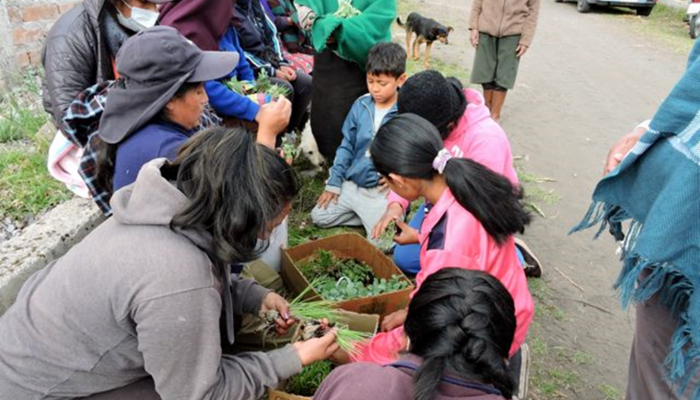

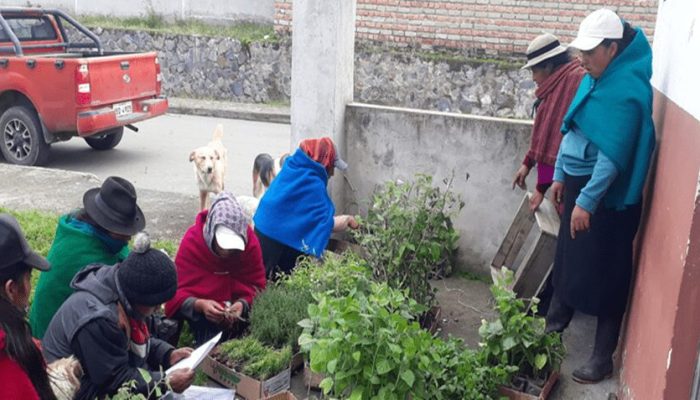

Development and Peace ― Caritas Canada will sustain its programmatic commitment with his partner CEDIS to empowering local populations, especially Indigenous women, human rights groups and small-scale indigenous farmers, and supporting for ecological justice.
Our work is part of a vision of sustainable development based on citizen participation. It prioritizes building the capacities of Kichwa women’s organisations in Chimborazo to enhance their political and economic power; their influence in democratic local development; and their food sovereignty.
About us
Our work
Get involved
Ways to give
Resources
Get in touch
555 René-Lévesque Blvd. West, 8th Floor
Montreal (Quebec) Canada H2Z 1B1
Phone: 514-257-8711
Toll-free: 1-888-234-8533
Fax: 514-257-8497
Email: info@devp.org
Charity number: 1 1882 9902 RR 0001


Our international cooperation program is carried out in part with the financial support of the Government of Canada acting through Global Affairs Canada.
Development and Peace — Caritas Canada is the official international solidarity organization of the Catholic Church in Canada and the Canadian member of Caritas Internationalis.
Copyrights © 2024
Don’t miss anything about the work of our international partners or our awareness and mobilization campaigns.
Sign up now for our newsletter.